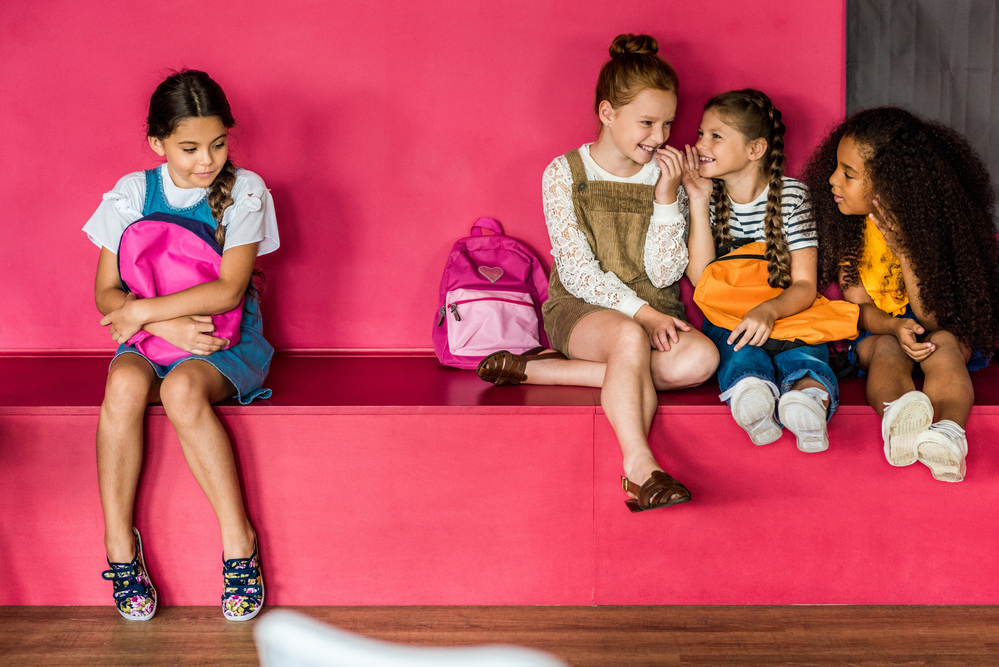Many parents are unaware of how common a problem that bullying has become across the nation. Bullying is a serious issue that should not be brushed off or treated as an average childhood problem whether at school or home.
Bullying is defined on kidshealth.com as “ intentional tormenting in physical, verbal, or psychological ways. It can range from hitting, shoving, name-calling, threats, and mocking to extorting money and possessions.” Social media is becoming a huge outlet for cyberbullying in recent years. Parents should always be aware of what is going on with their child’s social media accounts and check them frequently.
A national survey on StopyBullying.gov shows that about 49% of children in grades 4–12 reported being bullied by other students at school at least once during the past month, whereas 30.8% reported bullying others during that time.
When your child contracts head lice, they can become the target of bullying among peers and classmates.
Take Care Who Finds Out About the Problem
Although it is extremely appropriate to let individuals in your life know about the head lice problem in your household, proper care should be taken to make sure it does not become a community-wide announcement. Trusted, sensitive parents of your child’s close friends and neighbors, responsible adults at the school and anyone else that could be affected by the head lice problem who you know will use discretion should be notified of the problem.
Keep in mind that this situation can be humiliating and embarrassing for children, especially teens. Only inform those who need to know.
What Should I do If My Child is Bullied for Head Lice?
The Centers for Disease Control and Prevention state that up to 12 million children will catch head lice in the United States this year alone. Let your child know that most people will have to deal with head lice in their lifetime. It is a common problem that is not life-threatening or detrimental to their health. It does not label them as dirty or gross.
Children’s personalities are so different. There are many approaches that might work for your specific child. Here are a few tips for helping prevent bullying:
-Stand up to the bully. Teach your child to respond in a firm, strong voice that they will not be pushed around. Sometimes this will help the bully back off because your child is not an easy target.
-Other children will do best to approach the situation with humor. Have them come up with a joke or be prepared to laugh at themselves in the situation. Humor can take the bully by surprise and show them that your child is not affected by their degrading remarks.
-Children who will not respond well to pressure or be too afraid to stand up need to flee the situation as quickly as possible. Leave and find an adult.
-The first thing that a child should do is inform a teacher, principle, recess guard or any trusted adult who will listen.
-Teach your child to avoid physical fighting. This will only escalate the problem and get them into trouble.
-Keep up the communication. Talk to your child often and ensure that the problem is indeed resolved. Be the trusted adult that can help them come up with a plan and prevent bullying.
Check out StopBullying.gov for more helpful information.

